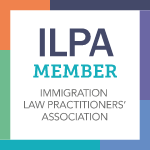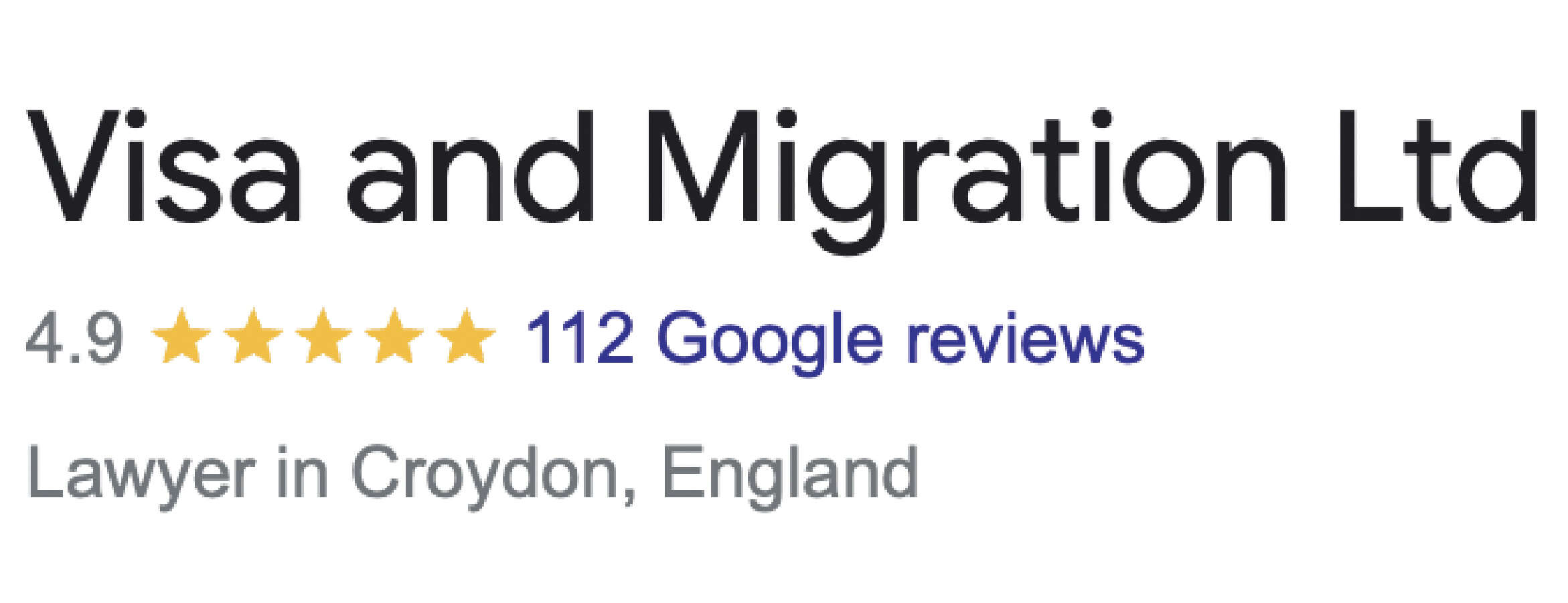
2016 03 NOV
HEADLINES
GENERAL
Changes to periods within which applications for further leave to remain can be made by overstayers
The 28 day grace period for the consideration of applications for further leave to remain where the client has overstayed will be abolished for applications made on or after 24 November 2016. Instead, an out of time application will not be refused only where the client applies within 14 days and has a good reason for applying out of time that was beyond their or their representative’s control.
There is a 14 day grace period where an application for leave has been refused, 3C leave has expired, a time limit for appeal or administrative review has expired or an appeal or administrative review has concluded, in order to allow for a new application to be made. The changes will not affect periods of time prior to 24 November 2016 that will be disregarded for indefinite leave to remain applications based on continuous lawful residence.
Changes relating to applications and validity
There is a whole redraft of the rules on making valid applications for leave to remain. New paragraphs 34 to 34E (see paragraph 1.4 of statement) set out the mandatory requirements for applications to be valid and some exceptions. There are also changes to the rules on how applications and administrative review applications may be submitted. Applications made before 24 November 2016 will be considered under the rules as at 23 November 2016.
Changes to general grounds for refusal and suitability requirements
Refusal of limited or indefinite leave to remain where an applicant is excluded under Article 1F from the Refugee Convention or under paragraph 339D from a grant of humanitarian protection or is a danger to the security of the UK, or having been convicted by a final judgment of a particularly serious crime, is a danger to the community of the UK, is made mandatory rather than discretionary. Instead limited leave will be granted outside the Immigration Rules under the restricted leave policy for as long as human rights considerations prevent deportation or removal. Indefinite leave to remain will only be given on a discretionary basis outside the rules and pursuant to the restricted leave policy. Applications made before 24 November 2016 will be considered under the rules as at 23 November 2016.
Changes to administrative review
Paragraph AR2.4 is clarified to ensure reviewers may consider evidence that was not before the original decision maker in either of the two cases listed, not both as drafted, in order to reflect the intention of this rule and how it is applied.
The rules are also amended to bring provisions on administrative review where leave to enter or remain as a visitor is cancelled at the border on the basis of a change in circumstances in line with other leave to enter or remain applications. Additional evidence to rebut the finding of a change in circumstances may not be considered at administrative review.
Applications made for administrative review before 24 November 2016 will be decided under the rules in force on 23 November 2016.
FAMILY MIGRATION
Changes to Appendix FM / Appendix FM-SE
See above also on changes to 28-day grace period for overstayers submitting an application for leave to enter or remain.
A new English language requirement at level A2 of the Common European Framework of Reference for Languages is introduced for applicants for further leave in the UK as a partner or parent after completing 30 months in the UK on a 5-year route to settlement under Appendix FM. The specified evidence requirements for meeting the English language requirements using an academic qualification are clarified also. These changes take effect from 01 May 2017. However, if the expiry date of the applicant’s leave pre-dates 01 May 2017, the application will be decided in accordance with the Immigration Rules in force on 30 April 2017.
Changes to the provision on when an application will normally be refused on suitability grounds due to false representations or failure to disclose a material fact so that it applies where: “The applicant has made false representations or failed to disclose any material fact in a previous application for entry clearance, leave to enter or remain or a variation of leave, or in a previous human rights claim; or did so in order to obtain from the Secretary of State or a third party a document required to support such an application or claim (whether or not the application was successful).” This will be applied to applications decided on or after 24 November 2016.
The rules are amended to ensure that a child is only eligible to apply for entry clearance or leave to enter or remain under Appendix FM when their parent is applying for or has leave to under Appendix FM. This applies to applications decided on or after 24 November 2016.
The provisions on minimum income thresholds are amended so that these have to be met in respect of all relevant children, that is, to include any dependent child of the applicant’s parent’s partner as well as the applicant’s parent. This applies to applications made on or after 24 November 2016.
Changes are made to the specified evidence required in respect of the minimum income threshold. The rules also provide that changes made to evidential requirements in this and previous statement of changes (HC877) apply to all applications decided from 24 November 2016, not just those made on or after 06 April 2016.
The level of NHS debt is reduced from £1000 to £500 as a discretionary basis for refusal on grounds of suitability for applications decided on or after 24 November 2016.
Changes to Part 8 Family Members
See above also on changes to 28-day grace period for overstayers submitting an application for leave to enter or remain.
Changes are made to the transitional provisions to allow applications that do not meet the rules for leave to enter or remain or indefinite leave to enter or remain under Part 8 to also be considered under the children provisions of Appendix FM. This will be applied to applications decided on or after 24 November 2016. There is also a change in the documentary requirements for entry clearance applications involving an inter-country adoption.
ECONOMIC MIGRATION
The statement of changes implements the first of two phases of changes to Tier 2 of the Points-Based system that were announced by the Government on 24 March 2016. It also makes further changes to Tier 2 and other areas of the Points Based System.
Tier 2 (General)
Changes made following the Migration Advisory Committee review include:
In other changes to Tier 2 (General), from April 2017 sponsors can rely on a milkround that ended up to 4 years prior to assigning a certificate of sponsorship but only if the worker was offered the job within 6 months of that milkround taking place.
Nurses are retained on the Shortage Occupation List but the rules are changed to require a Resident Labour Market Test to be carried out before a nurse is assigned a Certificate of Sponsorship. The rules on pre-registration nurses are also consolidated.
Changes are made to switching from Tier 4 to Tier 2 to permit this only where the applicant studied at a UK recognised body or body in receipt of public funding as a higher education institution and to also prevent an applicant relying on a qualification obtained via supplementary study.
Tier 2 (Intra Company Transfer)
Changes made following the Migration Advisory Committee review include:
In addition, a redundant paragraph relating to time spent working in the UK for the Sponsor is being removed, and amendments are being made to the evidential requirements to more accurately reflect the criteria relating to previous working for a business linked to the Sponsor.
Other changes
There are additional changes made to the following areas of the points-based system:
The Immigration Rules on overseas domestic workers are also amended.
REFUGEES / ASYLUM
The anticipated changes to refugee leave and refugee family reunion have not been implemented. There appears to be a placeholder at paragraph 11.116 of the statement of changes which would indicate that those changes were due to be added in and have been removed. A victory, therefore, but one that may be temporary.
There are significant changes at 11.123 of the statement of changes introducing new paragraphs 345A – 345E. An asylum claim will be declared inadmissible where the following conditions are met:
(i) another Member State has granted refugee status;
(ii) a country which is not a Member State is considered to be a first country of asylum for the applicant, according to the requirements of paragraph 345B;
(iii) a country which is not a Member State is considered to be a safe third country for the applicant, according to the requirements of paragraphs 345C and 345D;
(iv) the applicant is allowed to remain in the United Kingdom on some other grounds and as a result of this has been granted a status equivalent to the rights and benefits of refugee status;
(v) the applicant is allowed to remain in the United Kingdom on some other grounds which protect them against refoulement pending the outcome of a procedure for determining their status in accordance with (iii) above.
The content of the rules on first country of asylum and safe third country appear at first glance to reflect articles 26 and 27 of Council Directive 2005/85/EC on minimum standards on procedures in Member States for granting and withdrawing refugee status, with added detail on how connectivity to the safe third country will be determined. The rule change signals increased consideration of safe third country in asylum applications. Para 345A (iv) appears aimed at preventing those granted humanitarian protection from having their claims for refugee protection being considered.
Changes are made to where Refugee Status or Humanitarian Protection is revoked or ceases to apply to allow for exclusion where there are ‘serious reasons for considering they have committed a serious crime’ in addition to where they have committed a crime prior to their admission to the UK. It reflects UNHCR language but concerns may arise with regards to how this is applied.
The changes related the first country of asylum / safe third country apply to all asylum claims made on or after 24 November 2016. All the other changes apply to decisions made on or after 24 November 2016.
Source@gov.uk
...



